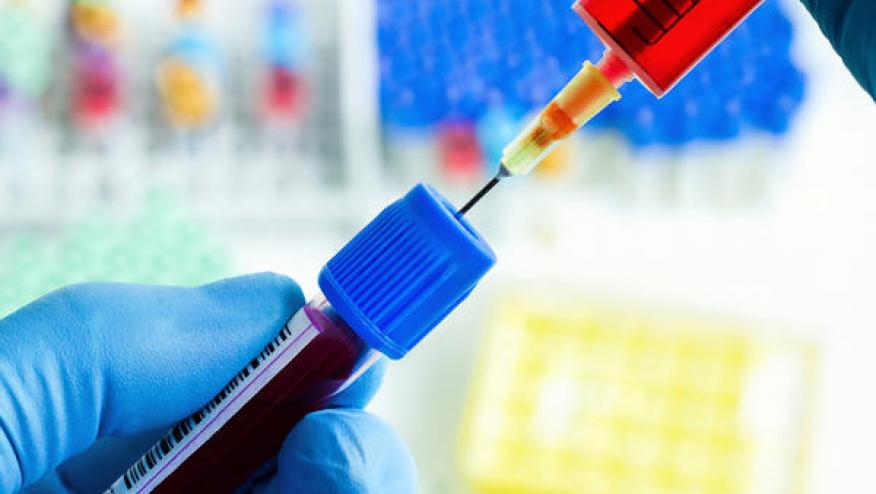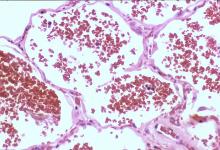Are ANA Tests Unreliable? Save

Pisetsky and colleagues have reported in the Annals of Rheumatic Disease that ANA tests done on established SLE patients may yield surprisingly disparate results.
While ANA negative lupus was a problem of old assays and the loss of ANA positivity may be seen with chronicity or age, most rheumatologists believe that ANA positivity is an absolute requirement for the diagnosis of systemic lupus erythematosus (SLE).
Researchers studied 103 patients with established SLE using three different immunofluorescence assays (IFA) for ANA determination. ANA determinations were also performed by an ELISA and bead-based multiplex assay.
With the IFA kits, ANA negativity was found in 4.9%–22.3% of serum samples. Moreover, the ELISA and multiplex assays found 11.7 to 13.6% seronegativity as well.
Patients with positive assays were more likely to have historic anti–double-stranded DNA positivity and low complement levels.
These findings raise numerous questions including whether these 5-22% of ANA seronegative lupus patients should be considered for clinical trials or managed differently.
Might these findings parallel that seen in rheumatoid arthritis with seronegative and seropositive populations? While the overlap in treatment and outcomes is considerable, seropositivity (especially for ACPA) has the advantage of homogenizing the population under study.










If you are a health practitioner, you may Login/Register to comment.
Due to the nature of these comment forums, only health practitioners are allowed to comment at this time.